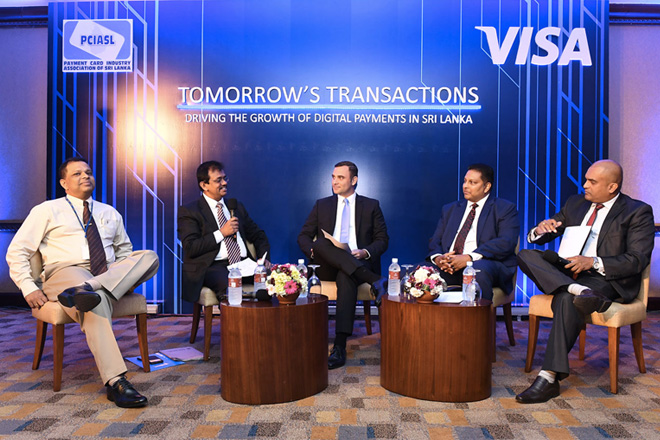Sept 09, 2016 (LBO) – Sri Lanka is looking at completely adopting the more secure and efficient chip card system before the end of next year, a Central Bank official said.
This will be among several other initiatives lined up for implementing in the coming years under the 2020 road map for developing a national payment system in Sri Lanka.
buy albuterol online buy albuterol online no prescription
Dharmasiri Kumaratunge, director of Central Bank Payments and Settlements Department, said there are still financial institutions that use old technologies for cards.
“Under the roadmap for promoting digital payments we are looking at moving out to the chip based card system before the end of next year,” Kumaratunge said.
Chip cards can store data on integrated circuits in addition to magnetic stripes and can be used at payment terminals and ATMs that can accept them.
“Even though most of the new credit and debit cards issued by banks use this technology, there are still cards that use only the magnetic stripes for authentication.”
Kumaratunge was speaking at a panel discussion on the future of digital transactions organized by the Payment Card Industry Association of Sri Lanka.
He said the National Payments Council established by the Central Bank in 2006 is also looking at strengthening the two-factor authentication.
Two-factor authentication is a highly protected security process in which the user provides two means of identification from separate categories of credentials.
It typically uses a physical token, such as a card, and the other is something memorized, such as a security code, like a PIN number.
Apart from the security aspects, the Central Bank is also concerned about the high charges an individual has to pay when using the Common ATM Switch.
Common ATM Switch is the facility that ATM or debit cardholders able to use any ATM terminal across the country for withdraw money or inquire account balances.
The Central Bank and other financial institutions are also looking at forming a common card processing system and an electronic fund transfer unit under the road map.
CEO of HNB Jonathan Alles told the forum that smooth transition from cash transactions to digital transactions is vital for a country to develop a more secure, cost effective and fraud less payment platform.
In 2011, Sri Lanka’s cash circulation was around 293 billion rupees, however by last year it has been increased to 492 billion rupees, which is more than 67 percent increase showing the popularity of cash transactions.
The financial institutions however are keen on developing a less cash society by slowly moving out cash and even costly cheque transactions to more secure digital payment solutions including mobile payments.
At the end of May 2015, the Central Bank had 29 licences issued to institutions to function as card issuers and 2 mobile network operators to function as mobile phone based e-money systems.
Sri Lanka to adopt chip card system before end 2017: Central Bank

Panellists: Jonathan Alles, Dharmasiri Kumaratunga, Anthony Watson, Priyantha Talwatte and Roshantha Jayatunga
